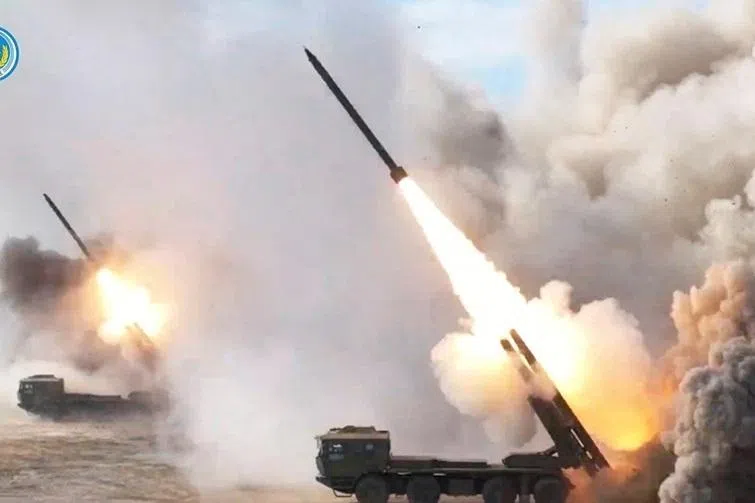The problem of inappropriate language in China's diplomacy
In today's complex world of international relations, it seems that China has much to learn about the art of diplomacy. Boston University PhD candidate Pang Ruizhi says that China needs to stop using coarse, overly hostile and inappropriate diplomatic language, or risk diminishing, rather than growing its influence.
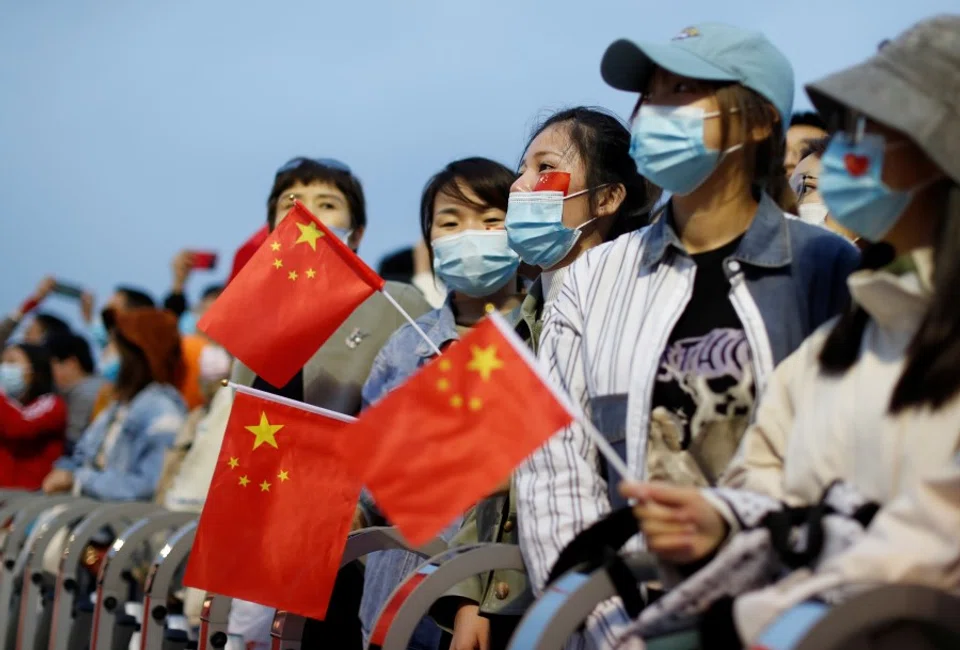
The classic definition of diplomacy is to conduct relations between sovereign countries through peaceful methods such as negotiations and exchanges. Since peaceful methods are used, naturally the main aims of diplomacy are "soft" in relation to other actions to safeguard national interests. However, many people think of diplomacy as the whole of a nation's foreign relations.
In recent years, although China has been exerting its considerable weight in certain diplomatic issues and is more active and assertive than it was in the first ten years of the 21st century, overall, China's diplomacy has been gentler than major powers such as the US, Russia, Britain and France, almost all of which have fought wars, large and small, in the past two decades. In many circumstances, China's tougher policies are in response to the other party's unusual or strong actions (such as the Japanese government nationalising the Senkaku/Diaoyu islands in 2012). Although in recent years China has been more assertive with regard to the South China Sea disputes than previously, its policy remains to maintain the status quo, while the other claimants are usually the ones to take the initiative, with the actions of Vietnam and Indonesia even stronger than China. Proposing the Silk Road Economic Belt and actively pushing the Asian Infrastructure Investment Bank (AIIB) which is open and inclusive shows China's sense of responsibility as a big country. These initiatives are different from the "wolf warrior" image that people associate China with.
'Wolf warrior diplomacy' only an impression, not a reality
But whatever the definition, China's diplomacy cannot be considered "wolf warrior diplomacy". Many people only feel that way because Western media is using its hegemony over foreign policy discourse and double standards to produce biased and distorted news to smear China, while for various reasons, Chinese media has limited influence and is unable to defend itself. This is one external factor.
The consequence is that China's passive, moderate foreign policy is smeared, adding to the possibility of China's isolation in the international community.
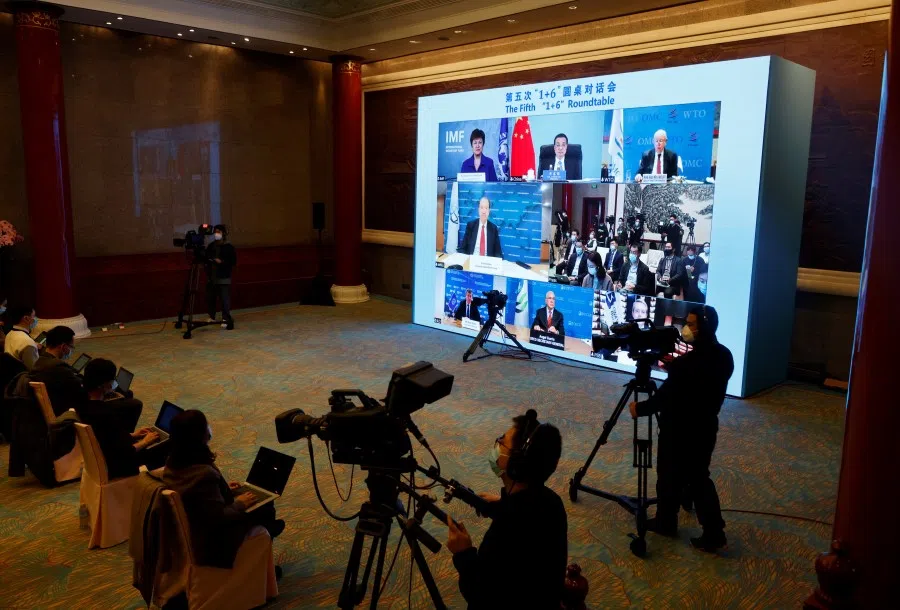
In terms of internal factors, China has been forced to respond to the deteriorating geopolitical environment since the US's strategic shift to the East, while many of its cultural products are nationalistic (which is also where the term "wolf warrior" originated), amid a rise in nationalism among the Chinese. And the most direct reason is that the news and propaganda systems of China's foreign ministry, as well as some of China's diplomats overseas, increasingly tend to use defiant, rude, hostile, and emotive language, and to have an overbearing attitude and stance.
The Western monopoly on foreign policy discourse will not change in the short term, and China does have to respond to the worsening geopolitical environment (although its strategy could do with a lot of improvement), while some degree of nationalism is natural and necessary. However, excessive nationalism, hostility in propaganda and diplomatic language, and an overbearing attitude are totally uncalled for. All this is deeply damaging to China's national image and reputation, as well as the Chinese people's worldview and the growth and spread of the Chinese language. Moreover, it reduces the deterrent effect in diplomatic language.
The problem of inappropriate language
As mentioned, unrefined, overly aggressive diplomatic and propagandist language, and a threatening stance would damage China's national image, especially its image as an ancient civilisation and land of courtesy, while adding to the international community's mistrust of a rising China. Inappropriate propagandist and diplomatic language is fodder for criticism, and goes against China's relatively moderate foreign policy as compared to other big countries. The consequence is that China's passive, moderate foreign policy is smeared, adding to the possibility of China's isolation in the international community.
The primary aim of diplomacy is not domestic propaganda, but to protect one's national interests in dealing with other countries.
Another consequence is the negative impact on diplomatic efforts. While strong diplomatic language may be intended for a domestic audience to achieve internal propagandist purposes, and actual actions may be gentle, such tough and crude diplomatic language may reduce the other party's room for diplomatic manoeuvre, and force a tough response in return. This would worsen people-to-people relations and unnecessarily sever bilateral ties. After all, the general population would not think about which audience the message is meant for. Such a negative effect is especially apparent in highly nationalistic Asian regions. Besides, one key aim of diplomacy is to win others over, gain friends and to be able to work together to deal with opponents and enemies. Using tough language on any and all countries that have differences with China, would make this aim less likely to be achieved.
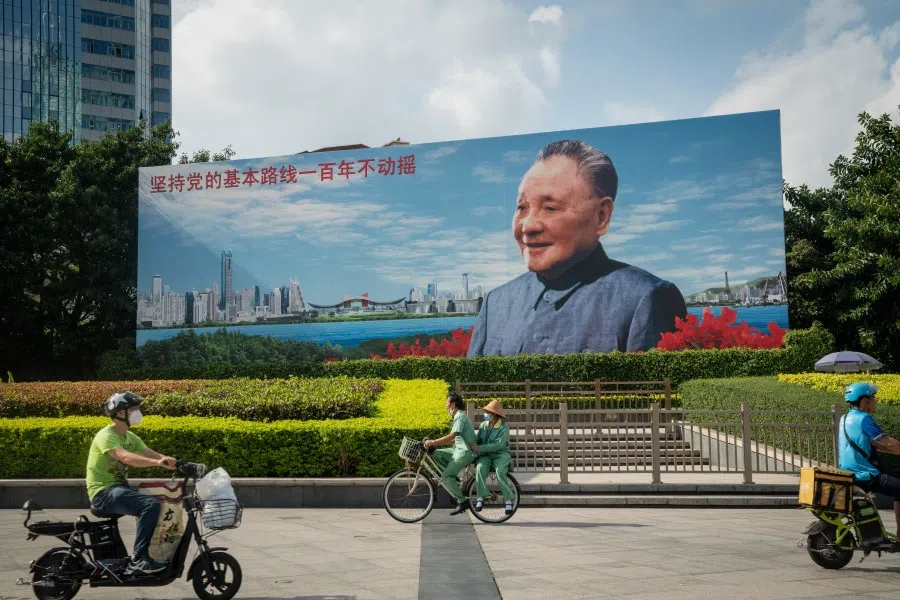
Such an approach also fans xenophobia and hostility and gives full play to the negative side of this double-edged sword. Even as domestic propaganda, the effect is more negative than positive. The global situation is complex, and diplomacy is a delicate art that emphasises negotiation and compromise. A diplomatic strategy sometimes calls for give and take - giving up smaller benefits for larger benefits, or the smaller picture for the bigger picture. The primary aim of diplomacy is not domestic propaganda, but to protect one's national interests in dealing with other countries. A propaganda, media, and diplomatic machinery that spreads the idea of non-compromise is counterproductive in getting people to truly understand the complexities of the world and of diplomacy.
National credibility would also be affected. Only when moderate words and actions and strong words and actions correspond will diplomatic language be more credible. If tough diplomatic language is not backed up with tough policies, it will be dismissed as "empty talk". Diplomatic language will thus lose its deterrent effect and other countries will pay less attention to and be less likely to believe such diplomatic language. The fact is that in many interest-related disputes (such as the South China Sea), China does not have the wherewithal to take tough action. Under such circumstances, tough diplomatic language and an overbearing attitude will only worsen China's international image and complicate diplomatic efforts, and weaken its credibility.
Crude language will diminish, rather than grow China's influence
There would also be a negative impact on the growth and spread of the Chinese language as well as showcasing a positive national character. This goes against China's traditional diplomatic philosophy of taking care of people far and near, while giving good treatment and trust to those of good character and morals (柔远能迩,惇德允元). As the saying goes, a strong and confident big country should "speak softly and carry a big stick". An inability to use moderate, tactful, but impactful language to express oneself while deterring opponents, reflects a lack of language skills. Diplomatic language should be modest and humble, without being overbearing.
The image of an ancient Chinese gentleman is one who balances words and substance, who is dignified, and who walks the middle path. As Confucius said, "质胜文则野,文胜质则史,文质彬彬,然后君子", which means, if simplicity prevails over refinement, you have a bumpkin. When refinement prevails over simplicity, you have a bore. Only when simplicity and refinement are in balance, then you will have a junzi (gentleman)." Confucius also said, "攻乎异端,斯害也已", which means: "It's a curse to do things over or under!"
China's diplomatic strategy and approach has often been too reactive, when it should take various policy options according to different countries' level of friendliness towards China, as well as each country's domestic issues.
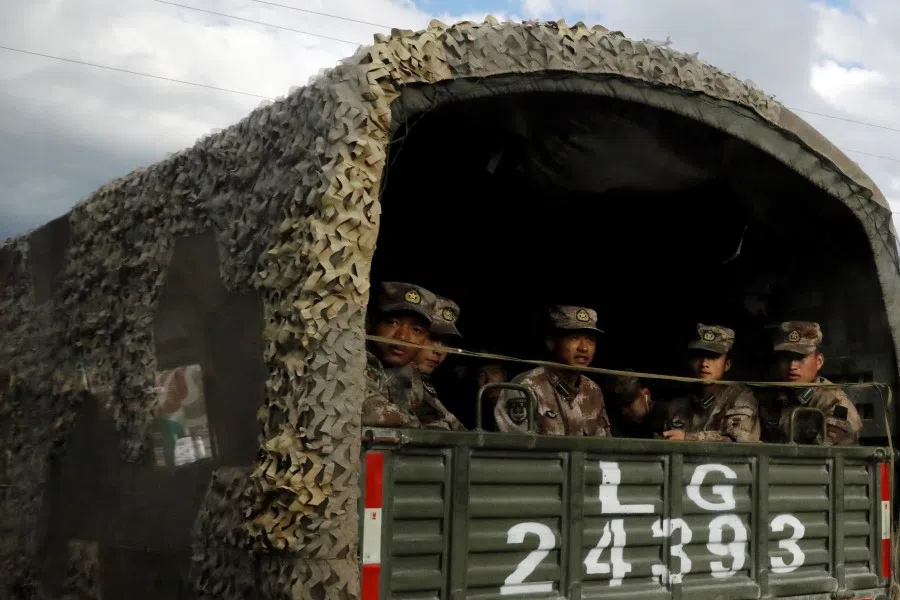
Of course, unrefined, overly aggressive diplomatic and propagandist language, and an overbearing attitude are not China's only problems. As a big country, China's diplomatic and soft power are its weak points that do not match its overall strength. This has to do with its geopolitical environment, unique development route, and the international structure, as well as the status of the foreign ministry within China's bureaucratic system and how diplomats are trained.
As a big country, domestic politics tends to receive more attention from policymakers than diplomacy. China's handling of many diplomatic issues has been unpolished; in many cases, it has not focused on a particular enemy or opponent, but has been assertive in all directions, putting itself in a passive position. At the same time, China's diplomatic strategy and approach has often been too reactive, when it should take various policy options according to different countries' level of friendliness towards China, as well as each country's domestic issues.
While this article objects to unrefined, overly aggressive diplomatic language that is not in line with policy, as well as overly nationalistic propaganda, this does not mean a lack of support in all circumstances for strong and tough policy. When diplomacy and economic measures are not enough to maintain national interests - military measures are also an option. If military measures are completely ruled out, or if the international community thinks that China will not take military action under any circumstances, China's capability to exert a deterrent effect in its foreign affairs would be greatly diminished. The ability to coordinate and to handle sudden frictions - which is crucial in war - is usually developed during wartime. China should hone its ability to conduct battles that are limited, localised, and possible to pull out of, with high-tech weapons and modern military systems. This calls for theory and real experience. There are many ways to gain experience: peacekeeping and anti-piracy exercises, sending mercenaries, and organising small-scale military conflicts are all means to such an end. But the basic formalities of diplomacy cannot be abandoned, even against enemy countries, nor should China be rude to all countries that have differences with it. This would only gain China unnecessary enemies.



![[Big read] When the Arctic opens, what happens to Singapore?](https://cassette.sphdigital.com.sg/image/thinkchina/da65edebca34645c711c55e83e9877109b3c53847ebb1305573974651df1d13a)
